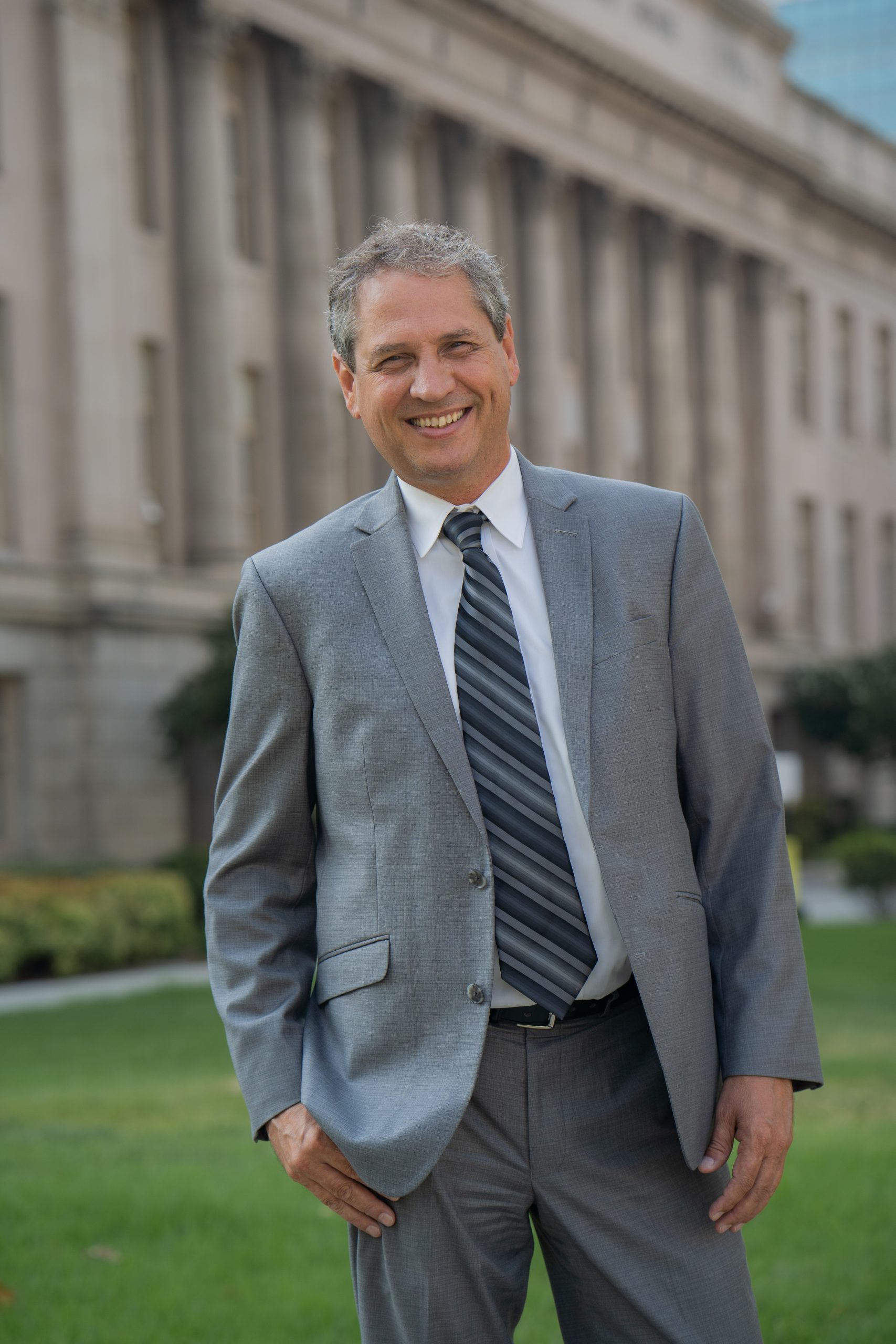Stem cell clinics are a growing business, but they aren’t a cure-for-all, doctors warn, and many of the methods being used at clinics across California aren’t necessarily safe either.
Stem cell research and application is a relatively new process that, so far, has avoided strict governmental regulation because it uses untreated cells from the patient’s own body, NPR reports, which constitutes “practicing medicine” as compared to “administering medicine” (which falls under the FDA’s jurisdiction). The untreated cells are extracted from a patient and are then re-injected into problematic parts of the body, such as an arthritic joint. Embryonic stem cells are more regulated than adult tissue, and are the only FDA approved use of stem cells.
Why stem cells
Stem cells are a base form of human anatomy that develop into blood and organ tissue, the building blocks of the human body. While scientists have long studied their possibilities, most methods remain theoretical and unproven. While experts toil in their laboratories, though, clinics have opened across the country offering treatments that use the cells in untested ways.
Alternative medicine
Because stem cells are harvested from the patient instead of a third party or external source, without medicinal additives intermixed, it isn’t subject to the same regulation as a traditional clinic. Instead, the process is deemed alternative medicine. It is also not covered by health insurance providers.
There are over 500 clinics offering treatments in the United States and patients have crossed international borders for controversial treatments with the cells as well. With the industry growing, licensed physicians are cautious about the expensive, unproven and questionable methods practiced. Treatments can cost up to $100,000 and were issued to upwards of 100,000 customers last year.
New technology is making stem cell research more common and, as with other new technologies, government is slow to catch up with advancement.
As technological advances make stem cell work easier, the FDA is working to catch up. In the meantime, stem cell clinics remain controversial. A patent considering treatment should seek full disclosure about all processes and known effects.



